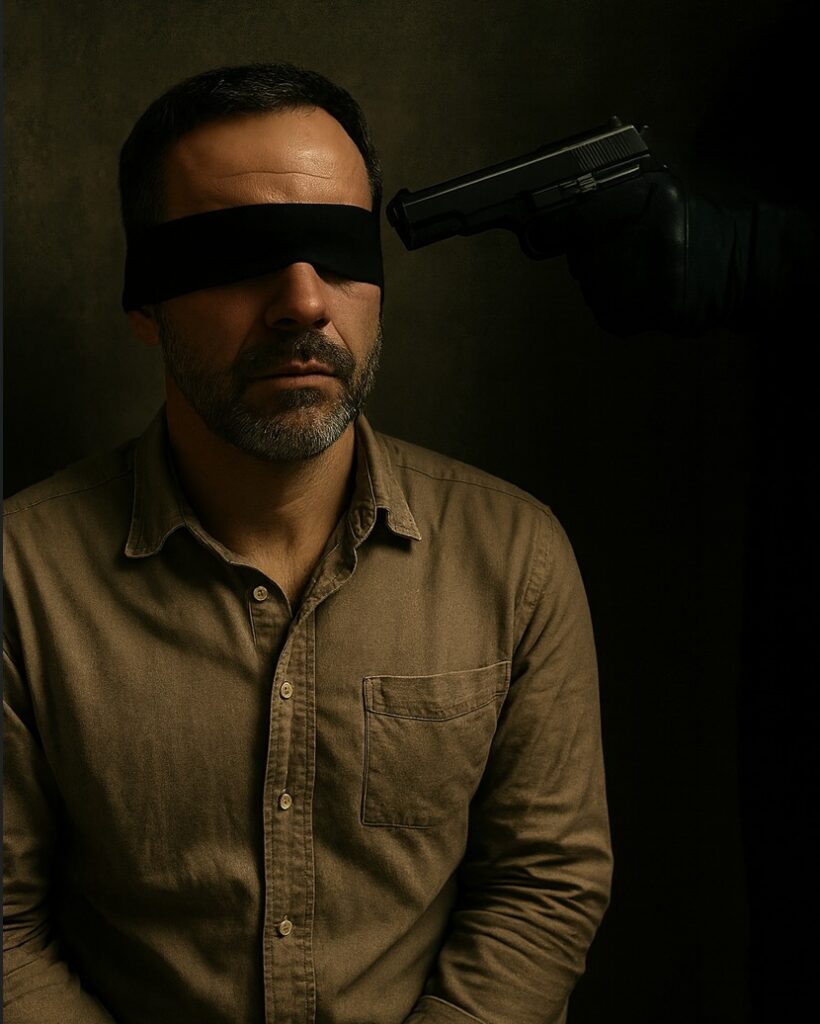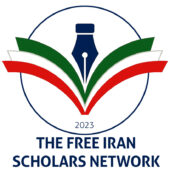By Professor Matthew Tasooji, Ph.D., California State University San Marcos — Scholar of Economics, Management, and Iranian Political Affairs
Abstract
Since the 1979 Islamic Revolution, the Islamic Republic of Iran has used hostage-taking as a tool of statecraft. It detains dual nationals and foreign citizens on dubious or fabricated charges. Tehran has developed a long-term strategy of exchanging these individuals for political and financial gain. This paper traces the historical trajectory of Iran’s hostage diplomacy, documents key prisoner swaps, and argues that such tactics undermine Western national security interests. It also encourages further abductions. Recent remarks by senior Iranian officials and the July 2025 detention of four American citizens show that hostage diplomacy remains an active part of Iran’s foreign policy.

1. Introduction
While hostage-taking by non-state actors is condemned under international law, Iran has institutionalized this practice at the state level. Since the 1979 seizure of the U.S. Embassy in Tehran, the regime has detained foreign nationals under vague legal pretenses. These include journalists, scholars, aid workers, and tourists. These individuals are used as bargaining chips. The regime often demands the unfreezing of assets, prisoner releases, or diplomatic concessions. This strategy violates international human rights norms. It also encourages Tehran to escalate the practice during times of pressure.
2. Historical Overview of Hostage Diplomacy in Iran
2.1. 1979–1981: U.S. Embassy Hostage Crisis
In the regime’s first and most infamous use of hostage diplomacy, 52 American diplomats were held for 444 days. This followed the seizure of the U.S. Embassy in Tehran. The hostages were released after the United States agreed to unfreeze $7.9 billion in Iranian assets through the Algiers Accords.
2.2. 2011: American Hikers
Shane Bauer, Josh Fattal, and Sarah Shourd were arrested near the Iran-Iraq border and charged with espionage. Their release reportedly followed a $1.5 million payment mediated by Oman.
2.3. 2016: JCPOA-Era Prisoner Swap
Iran released four Americans, including journalist Jason Rezaian, during the JCPOA negotiations. In exchange, it received seven Iranians and $1.7 billion in cash payments.
2.4. 2019–2023: Continued Pattern
Examples include the 2019 swap of Princeton scholar Xiyue Wang for Iranian scientist Massoud Soleimani. In 2020, Navy veteran Michael White was released. In 2022, the UK secured the release of Nazanin Zaghari-Ratcliffe and Anoosheh Ashoori after settling a £393 million debt. In 2023, five Americans were freed in exchange for five Iranians and $6 billion in unfrozen funds. That same year, Belgium released aid worker Olivier Vandecasteele in return for Iranian diplomat Asadollah Asadi, who had been convicted of terrorism.
3. The July 2025 Hostage-Taking of Four Americans
In July 2025, Iranian authorities detained four American citizens. They were reportedly dual nationals visiting for personal reasons. The charges included vague national security offenses like “collaboration with hostile states.” Iran denied consular access, treating them solely as Iranian citizens.
U.S. officials and rights groups say these arrests match Iran’s broader pattern of using hostages as leverage during sensitive diplomatic moments. The timing coincided with renewed nuclear and sanctions negotiations. This raised concerns that these individuals are being used as state pawns.
4. Strategic Mechanisms of Hostage Diplomacy
Iran’s Ministry of Intelligence (MOIS) and the IRGC Intelligence Organization direct hostage diplomacy. They often target dual nationals visiting Iran for personal or professional reasons. Denying the foreign nationality of these individuals helps Iran evade diplomatic accountability.
Hostage diplomacy is now a bureaucratic tool of coercion. Victims face solitary confinement, sham trials, and televised confessions. These tactics are meant to increase psychological pressure and international visibility.
5. Incentives and Consequences
Iran’s success in gaining political and financial benefits from hostage situations has created a self-reinforcing cycle. Instead of deterring the regime, Western concessions have validated its strategy. This has encouraged further abductions.
Hostage diplomacy is no longer a rogue tactic. It is a structured part of Iran’s foreign policy. Public statements from senior officials further confirm this.
6. Official Endorsement of Hostage-Taking as State Policy
Iranian leaders have publicly supported hostage diplomacy. Mohsen Rezaei, a former IRGC commander and member of the Expediency Council, stated in 2021:
“We can take 1,000 Americans hostage and demand billions of dollars for their release; this is how we balance the budget.”
This reveals that hostage-taking is a state-sanctioned tool. It serves both economic and diplomatic goals. These remarks reflect institutional thinking, not just personal opinion.
7. Policy Implications for the West
Western governments must go beyond crisis management. A deterrence-based strategy is needed. Suggested actions include:
- Targeted sanctions against individuals and groups responsible for detentions
- Legal frameworks to label state-sponsored hostage-taking as terrorism
- Multilateral protocols to discourage ransom or prisoner exchanges without broader concessions
- Publicly naming and tracking state hostage-takers, similar to sanctions for war crimes
Only coordinated international pressure can delegitimize this practice.
8. Conclusion
Iran’s use of hostage diplomacy is deliberate and long-standing. It is rooted in ideology and institutional practice. The July 2025 detentions show that the tactic is still active and evolving.
As long as Iran gains political or financial rewards, it will continue these practices. The international community must respond with strength and unity. Passive diplomacy only encourages more abductions. A strong and consistent approach is needed to protect foreign nationals and uphold international law.
References
[1] Human Rights Watch. (2023). “Iran: Arbitrary Detentions of Dual Nationals.” https://www.hrw.org
[2] BBC News. (1981). “Timeline: U.S. Embassy Hostage Crisis.” https://www.bbc.com
[3] Reuters. (2011). “American Hikers Released by Iran.” https://www.reuters.com
[4] U.S. State Department. (2016). “Iran Prisoner Swap Fact Sheet.” https://www.state.gov
[5] Al Jazeera. (2019). “Iran and US Prisoner Swap: Xiyue Wang and Massoud Soleimani.” https://www.aljazeera.com
[6] The Guardian. (2020). “U.S. Navy Veteran Michael White Released by Iran.” https://www.theguardian.com
[7] BBC News. (2022). “Nazanin Zaghari-Ratcliffe Freed by Iran.” https://www.bbc.com
[8] CNN. (2023). “US-Iran Prisoner Swap Involves $6B in Funds.” https://www.cnn.com
[9] Deutsche Welle. (2023). “Belgian Aid Worker Swapped for Iranian Diplomat.” https://www.dw.com
[10] Amnesty International. (2023). “Iran’s Hostage-Taking of Dual Nationals.” https://www.amnesty.org
[11] Atlantic Council. (2023). “Iran’s Escalating Hostage Diplomacy.” https://www.atlanticcouncil.org
[12] Iran International. (2021). “Rezaei’s Statement on Hostage-Taking and Budget.” https://www.iranintl.com
[13] Foreign Affairs. (2023). “The West’s Dangerous Compliance with Iran’s Hostage Strategy.” https://www.foreignaffairs.com
